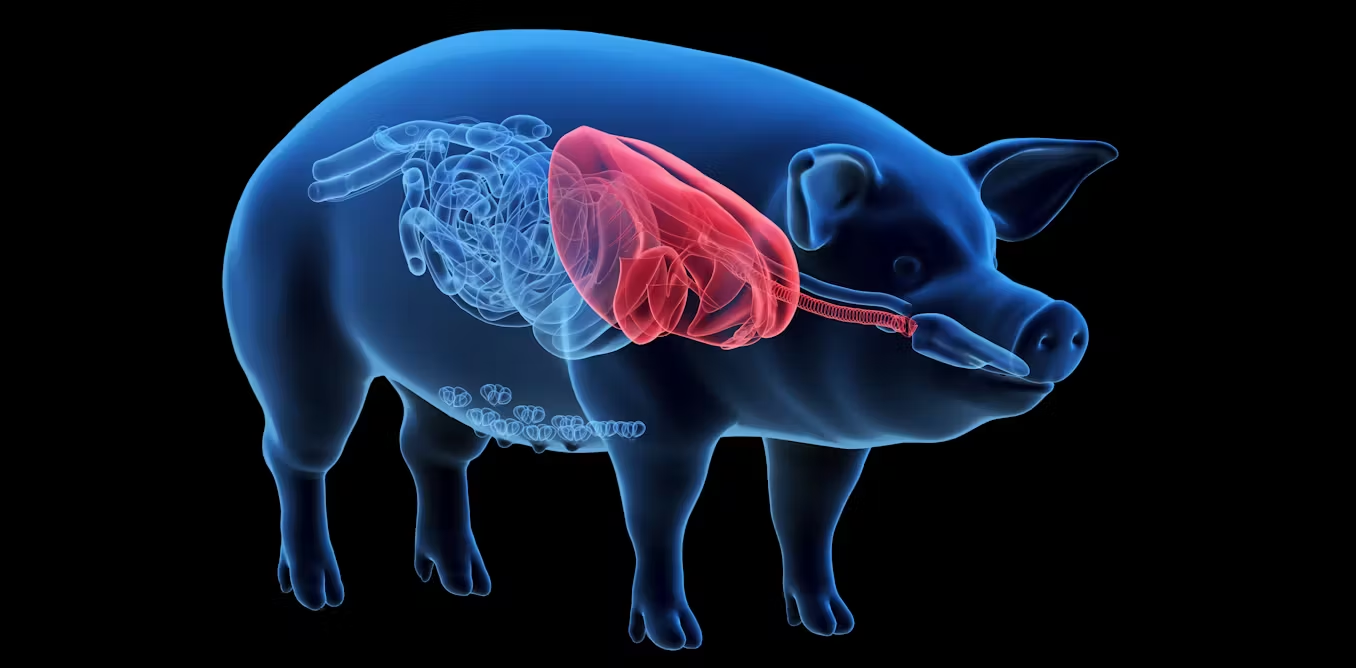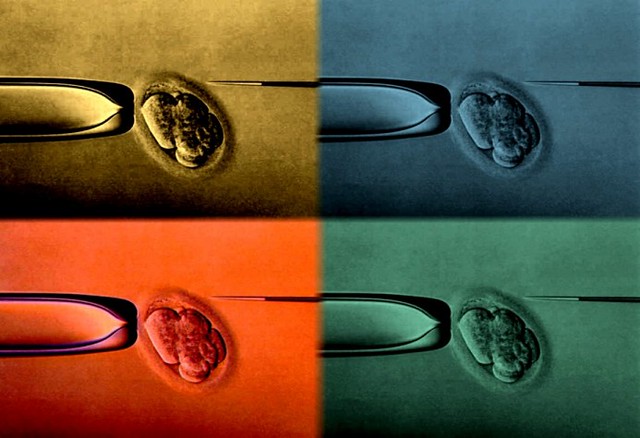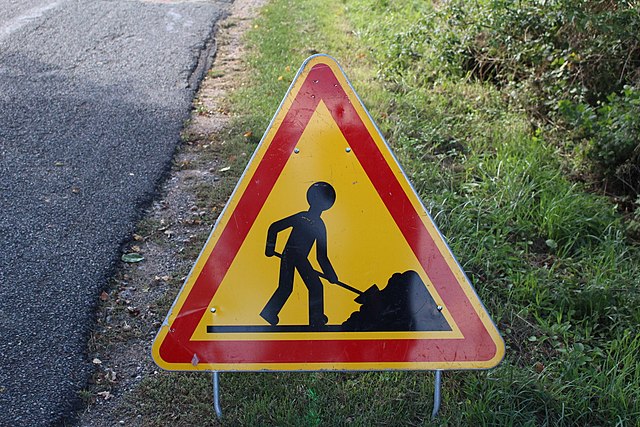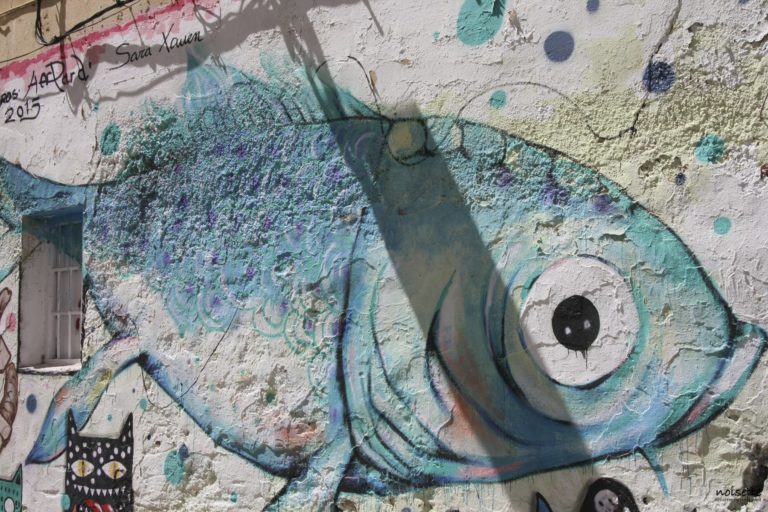GMOs : a further step in the loss of autonomy for farmers
For several decades we have been witnessing a drastic reduction in the autonomy of farmers, who have become mere labourers. Farmers may soon have to deal with the arrival of GMO animals, which will certainly reinforce this phenomenon.
The stranglehold of a few companies on the animal production chain has become the norm, at least in the OECD (Organisation for Economic Co-operation and Development) countries. The Encyclopedia Universalis points out : “In the United States [and Europe], it is increasingly common for a single agribusiness to control both upstream (feed production), livestock operations, and downstream (slaughter, cutting, and marketing of animals). The battery-farm breeder is thus placed in a situation of dependence on private companies or cooperatives […] with which he has signed contracts and for which he has become a sort of contract worker“ [1].
This loss of autonomy will be accentuated with genetically modified animals. They go hand in hand with patents and a particular legal, social, technical and economic context. Biotechnology involves a high degree of techno-economic and capital concentration, which has never been seen before. One of the consequences of patents is the accentuation of the separation of two functions, production and reproduction, which were previously closely linked in the work of the peasant. This separation had certainly begun with elite breeding farms and insemination centres. Patents legally impose this duality, which contributes to the loss of meaning in the work of breeders.
GMOs and patents thus prevent farmers from adapting their herds to local conditions and their evolution through appropriate farmer selection. The long tradition of on-farm selection and exchange between breeders has become increasingly difficult, if not impossible for certain species such as poultry. This also creates a monopolistic situation for a few companies on genetic resources.
Patents accentuate the erosion of traditional knowledge
This monopoly is one of the main factors in the reduction of cultivated biodiversity. Thus, the IAASTD (International Assessment of Agricultural Science and Technology for Development) [2] [3], an intergovernmental and interdisciplinary panel of experts, a sort of IPCC (Intergovernmental Panel on Climate Change) for agriculture, wrote in 2009 : “instruments such as patents may increase costs and reduce experimentation by farmers or public sector researchers, while at the same time risking discouraging local practices that improve food security and economic viability“. Patents, they insist, lead to an erosion of traditional knowledge and farmer innovation, threatening the balance of communities.
The other side of this privatisation is the accentuation of the homogeneity of the “breeds” [4] around the descendants of an ever smaller number of individuals [5]. This implies a greater fragility of the breedings, more sensitive to changes and diseases [6]. Resilience and adaptability, on the other hand, require a high degree of genetic and epigenetic diversity, which existed in the many local animal ’breeds’. However, this uniformity is criticized by both researchers and farmers, such as Guy Kastler. He points out that “no two « terroirs » are identical, so local adaptation is essential. But if, locally, everyone is the same and a new pathogen arrives, if one individual is sensitive to it, then all individuals will be equally sensitive to it, so everyone will be affected and there will be nothing left. Whereas if there is diversity, some individuals will be susceptible, others not. The latter will guarantee the harvest and a future seed resistant to the pathogen, which is called resilience…” [7]. One can of course transpose this discourse to animals. G. Kastler thus clearly contrasts genetic selection, decided from above, which allows the creation of homogeneous but fragile elite breeds, with the coevolution allowed by peasant systems.








